Top 10 Key Players In Nigeria’s Independence
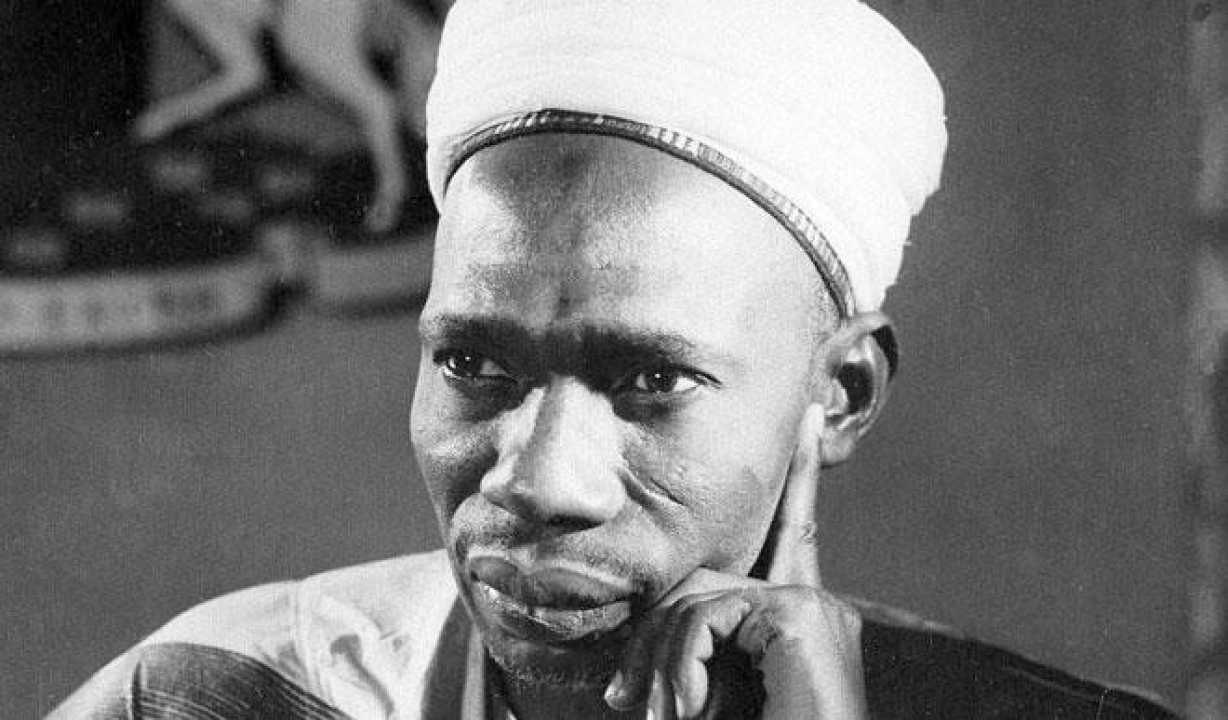
The year 1960 marked a momentous milestone in Nigeria's history, as it emerged from the shadows of British colonialism to become an independent nation. This article pays tribute to ten remarkable individuals who played pivotal roles in this historic transformation. Over the years, the political landscape of Nigeria has undergone profound changes. Yet, amidst the shifts and turns, the indomitable spirit and tireless efforts of these heroes and heroines continue to be etched in our collective memory, for they were the architects of Nigeria's hard-won independence.
Top 10 Heroes In Nigeria’s Independence
- Dr. Nnamdi Azikwe
- Sir Ahmadu Bello
- Chief Obafemi Awolowo
- Sir Herbert Macaulay
- Abubakar Tafawa Balewa
- General Muritala Mohammed
- Funmilayo Ransome Kuti
- Margaret Ekpo
- Kudirat Abiola
- Hajiya Gambo Sawaba
1. Dr. Nnamdi Azikwe
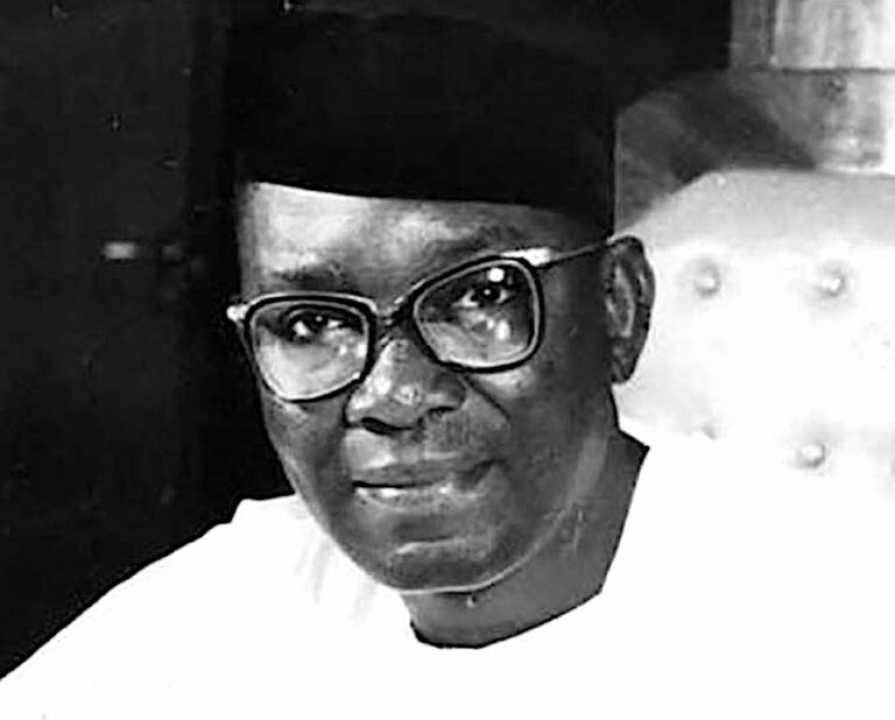
Dr. Nnamdi Azikwe stands as an emblematic figure of modern Nigerian nationalism, devoting a substantial portion of his life to liberating Nigeria from British dominion. Serving as the last governor-general of Nigeria from 1960 to 1963, and subsequently as the nation's first elected president from 1963 to 1966 during the first republic, Azikwe was a linchpin in Nigeria's quest for sovereignty. His journey into politics in 1944, following a distinguished career in journalism, marked the onset of an impassioned pursuit of self-rule. Azikwe's leadership culminated in the co-founding of the National Council of Nigeria and the Cameroons (NCNC) and the inspiration of the Zikist movement, an ardent proponent of Nigeria's emancipation from imperialism.
As early as the 1940s, Azikwe was a resounding voice advocating for Nigeria's independence, actively participating in movements for political awakening. Alongside fellow West African editors, he boldly penned a memorandum in 1943, igniting a fervent call for political autonomy. Their clarion call reverberated, setting the stage for a seismic shift in Nigeria's trajectory towards self-determination
2. Sir Ahmadu Bello
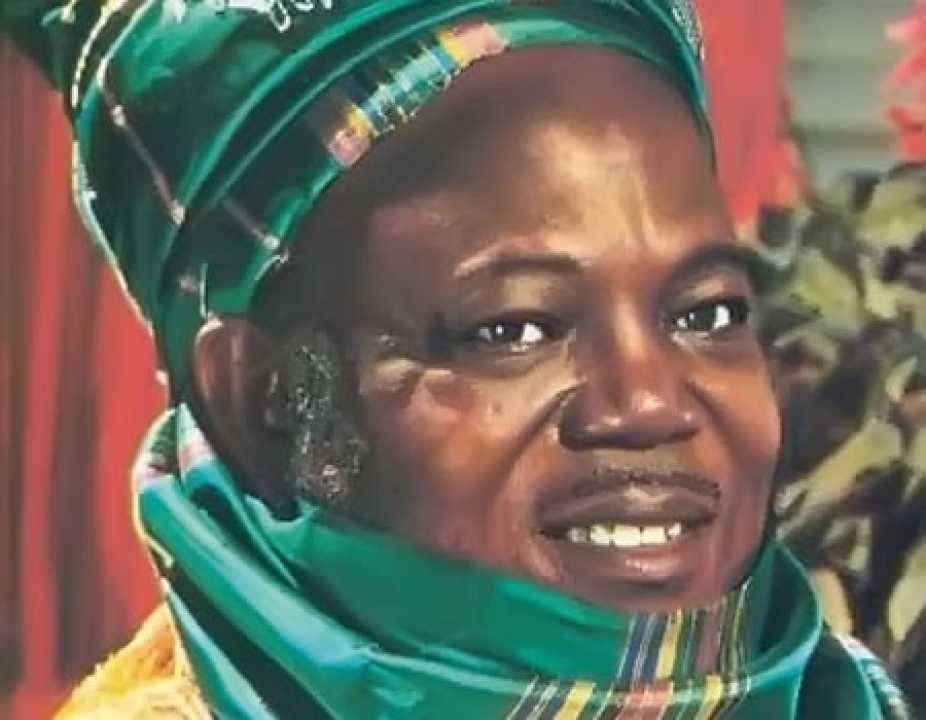
Sir Ahmadu Bello, who presided as the premier of the northern region from 1954 to 1966, loomed large in the political landscape. Leading the Northern Peoples Congress (NPC), he orchestrated a sweeping victory in the 1959 general elections, a watershed moment that heralded Nigeria's march towards independence. Revered as the Sardauna of Sokoto, he wielded immense influence, earning him a place among the most formidable figures in Nigeria's history. The alliance between the NPC and the National Council of Nigeria and the Cameroons (NCNC) under his guidance in the 1959 elections paved the way for Nigeria's inaugural indigenous federal government.
3. Chief Obafemi Awolowo
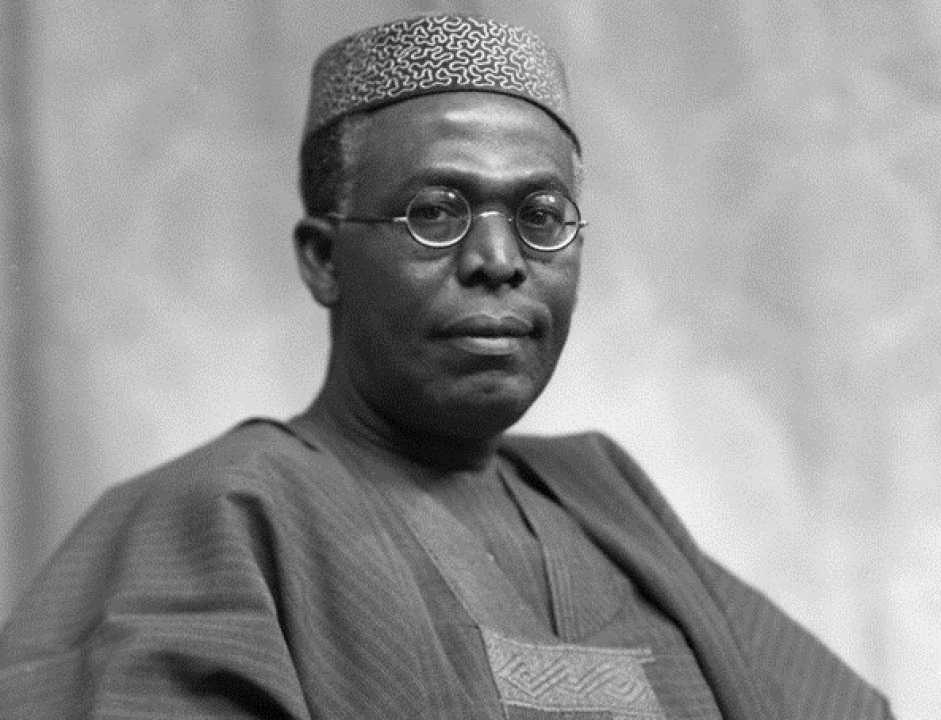
Obafemi Awolowo, the pioneering premier of the Western region from 1954 to 1960, wielded significant influence in the struggle for Nigeria's independence. A staunch federalist, he ardently advocated for federalism as the bedrock for equitable national integration. As the leader of the Action Group (AG), Awolowo spearheaded the campaign for a federal constitution, a cornerstone of the 1954 Lyttleton Constitution. As the opposition leader, he fearlessly contested policies of the Balewa-led government, often perceived as being aligned with British colonial interests. Awolowo also stood as a stalwart proponent of economic and social development, particularly in the western region.
4. Sir Herbert Macaulay
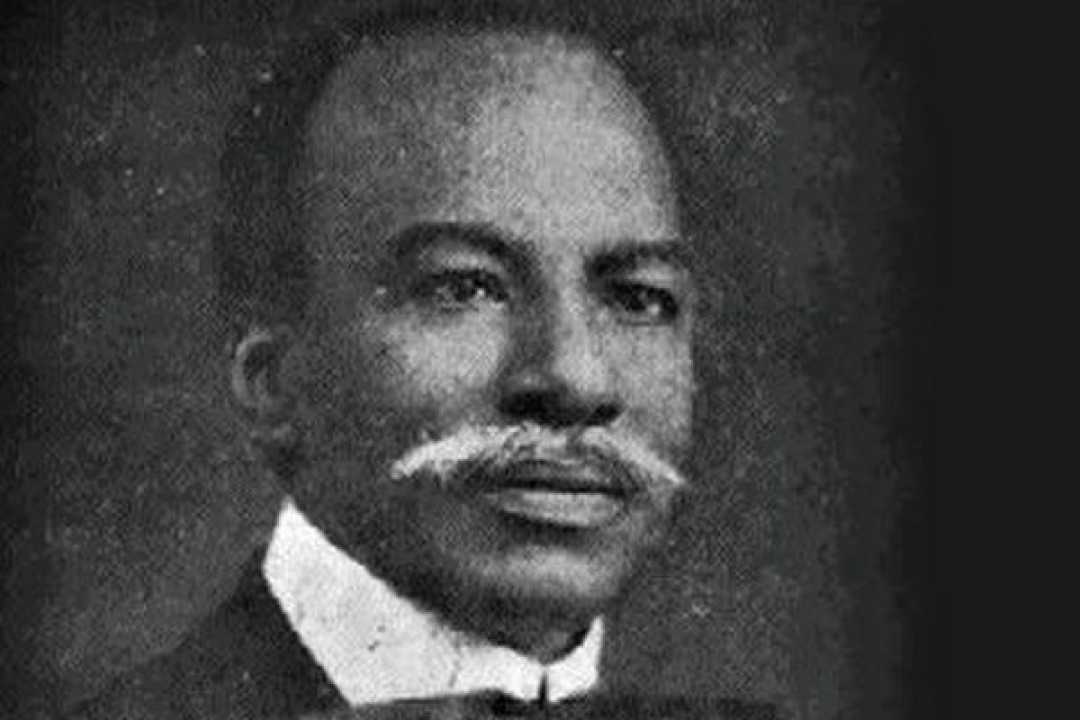
READ ALSO » Top 10 Players With Most Red Cards In Football History
Sir Herbert Macaulay, affectionately dubbed the father of Nigerian nationalism, emerged as a linchpin in the foundation of modern Nigeria. In the 1920s, as the clarion call for self-rule reverberated through Nigeria, Macaulay was at the forefront, vociferously protesting against policies imposed by British colonial rule. Notably, in 1923, he laid the cornerstone for the Nigerian National Democratic Party (NNDP), which held sway in Nigeria's political arena. This political entity, along with the Nigerian Youth Movement, eventually coalesced into the National Council of Nigeria and the Cameroons (NCNC), a nationalist organization fervently championing Nigeria's independence.
5. Abubakar Tafawa Balewa
Abubakar Tafawa Balewa, a luminary who guided Nigeria as its first prime minister from the NPC, held the reins of power from the pre-independence era until January 1966. His sagacity in policy formulation and his adept navigation of international relations bolstered Nigeria's standing on the global stage. He was instrumental in the birth of the Organisation of African Unity (OAU) and played a pivotal role in shaping the early years of indigenous rule in Africa.
6. General Muritala Mohammed
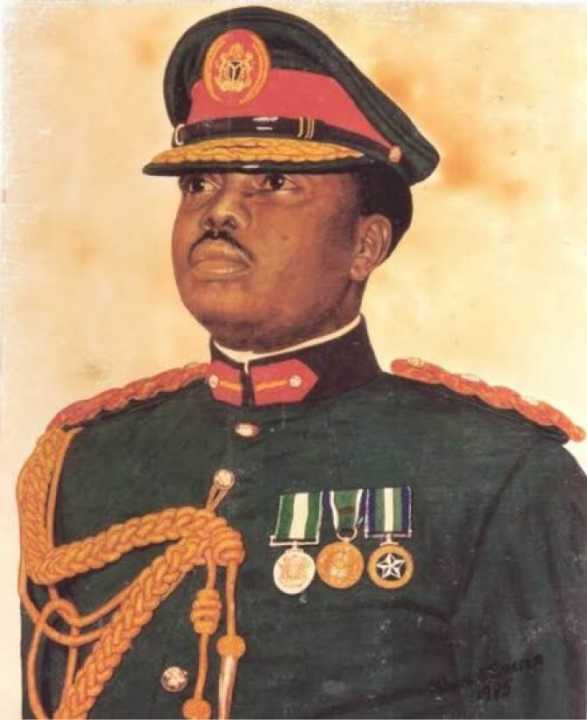
The narrative of Nigeria's independence is incomplete without the mention of General Murtala Mohammed, whose legacy spans from 8th November 1938 to 13th February 1976. A formidable figure in Nigerian military history, he orchestrated the 1966 Nigerian counter-coup that reshaped the nation's political trajectory. His tenure witnessed a paradigm shift, marked by a fierce battle against corruption, inflated contracts, and a renewed commitment to public service excellence.
7. Funmilayo Ransome Kuti
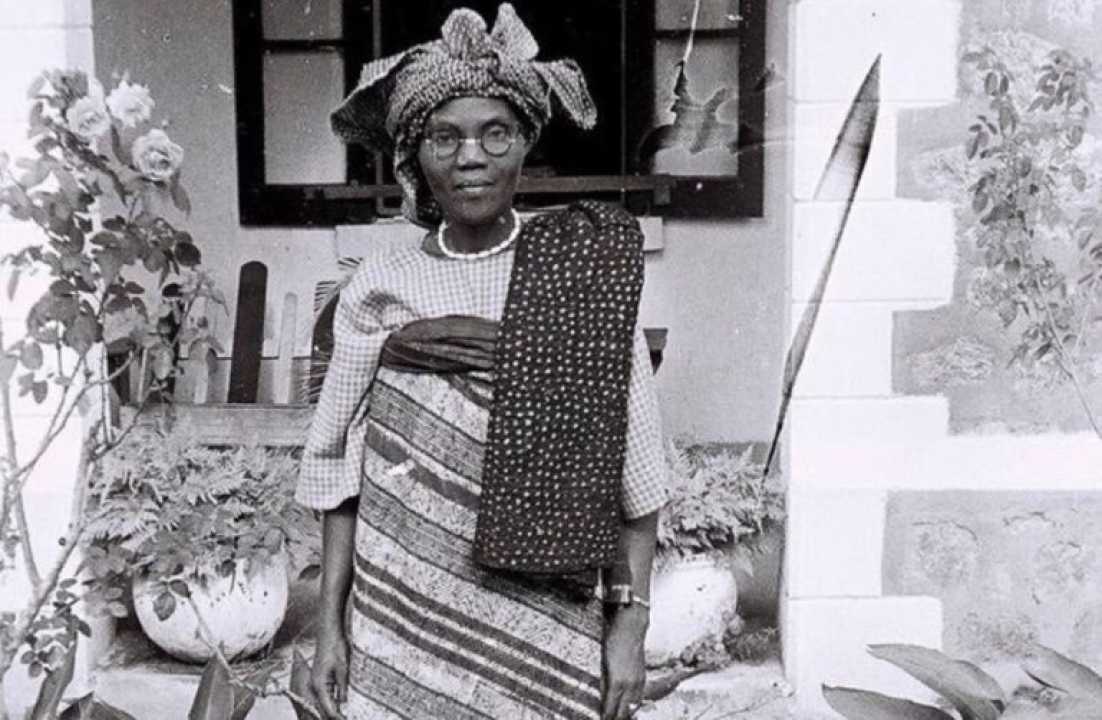
Chief Funmilayo Ransome-Kuti, known by various honorifics including Funmilayo Aníkúlápó-Kuti and Chief Funmi, was a luminary figure born on the 25th of October 1900. She was a stalwart educator, political campaigner, suffragist, and ardent advocate for women's rights. In the 1940s, she catalyzed the formation of the Abeokuta Women’s Union, a vanguard for women's rights, leading marches and protests that commanded the attention of thousands. Her influence extended beyond national borders, as she participated in the Nigerian independence movement and championed women's rights on the international stage.
8. Margaret Ekpo
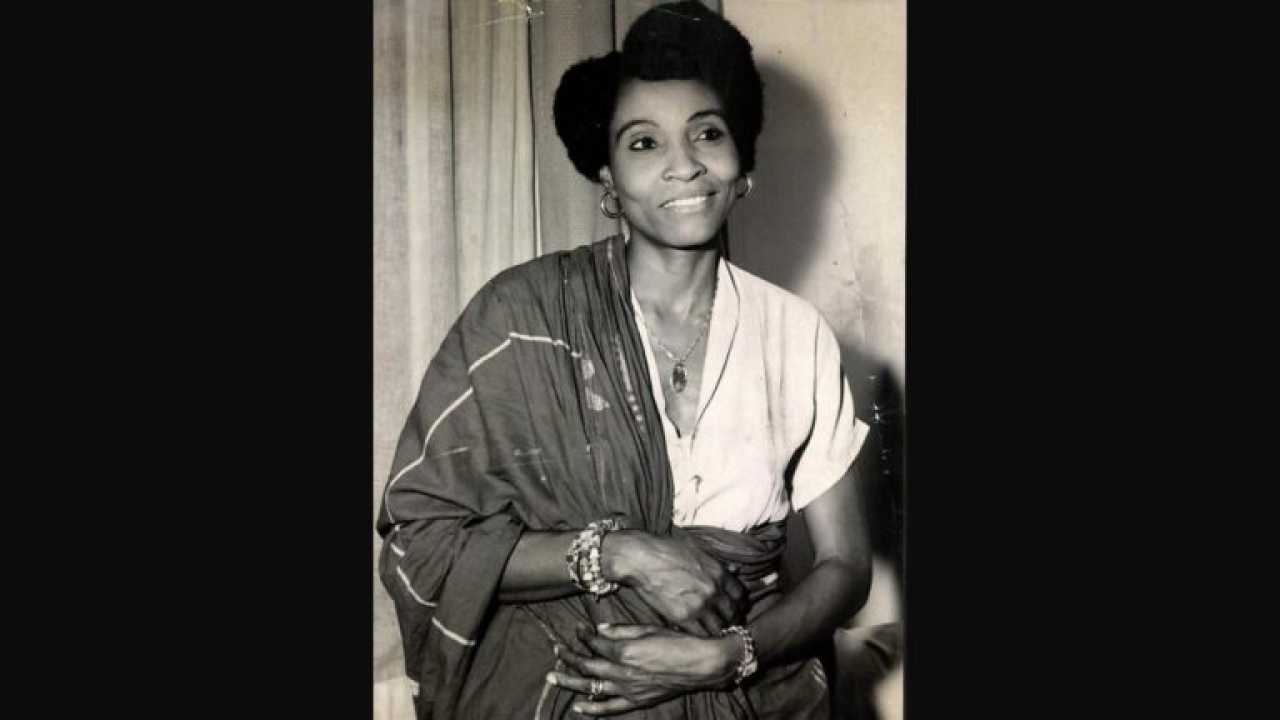
Chief Margaret Ekpo, whose journey spanned from 27th July 1914 to 21st September 2006, emerges as a beacon of women's rights activism and a catalyst for social mobilization in Nigeria's First Republic. A pioneering female politician, she shattered gender norms and played a pivotal role in the city of Aba, mobilizing women to participate more actively in the political sphere. Her efforts were underscored by her membership in the National Council of Nigeria and the Cameroons (NCNC) and her establishment of the Aba Township Women’s Association.
9. Kudirat Abiola
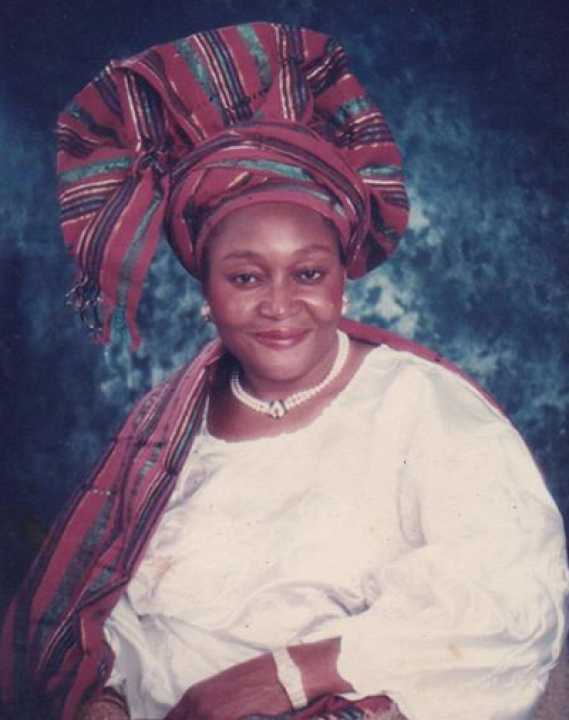
Alhaja Kudirat Abiolaborn as Kudirat Olayinka Adeyemi in 1951, left an indelible mark on Nigeria's political landscape as a fearless pro-democracy activist. Tragically, her life was cut short on the 4th of June 1996, while her husband, Moshood Abiola, languished in the custody of the Nigerian Government. In the face of unimaginable adversity, Alhaja Kudirat Abiola stood resolute, relentlessly advocating for her husband's release, undeterred by the government's relentless harassment of her family and supporters.
10. Hajiya Gambo Sawab
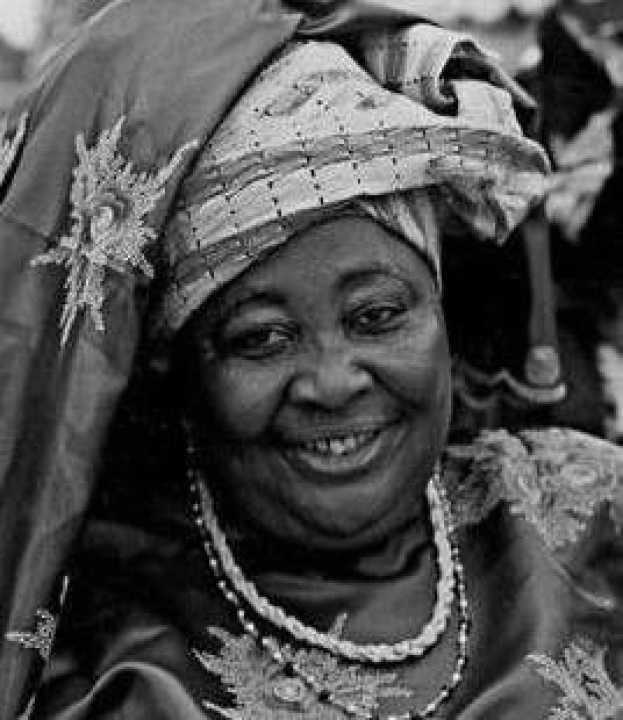
aHajiya Gambo Sawaba, whose legacy spans from 15th February 1933 to October 2001, stands tall in Nigerian history as a women's rights champion, a dedicated politician, and a philanthropic force. She assumed the position of deputy chairman within the Great Nigeria People’s Party (GNPP) and emerged as the leader of the national women's wing of the Northern Element Progressive Union (NEPU). Her commitment to the cause of women's empowerment and social justice echoes through the annals of time.
READ ALSO » Top 10 Most Legendary Fc Barcelona Players Of All Time
These ten luminaries, each in their distinctive way, etched their names in Nigeria's annals as architects of independence, leaving behind a legacy of courage, determination, and an unyielding commitment to the birth of a free and sovereign nation. Their collective endeavor continues to inspire generations, serving as a testament to the power of unity and the indomitable spirit of the Nigerian people.
